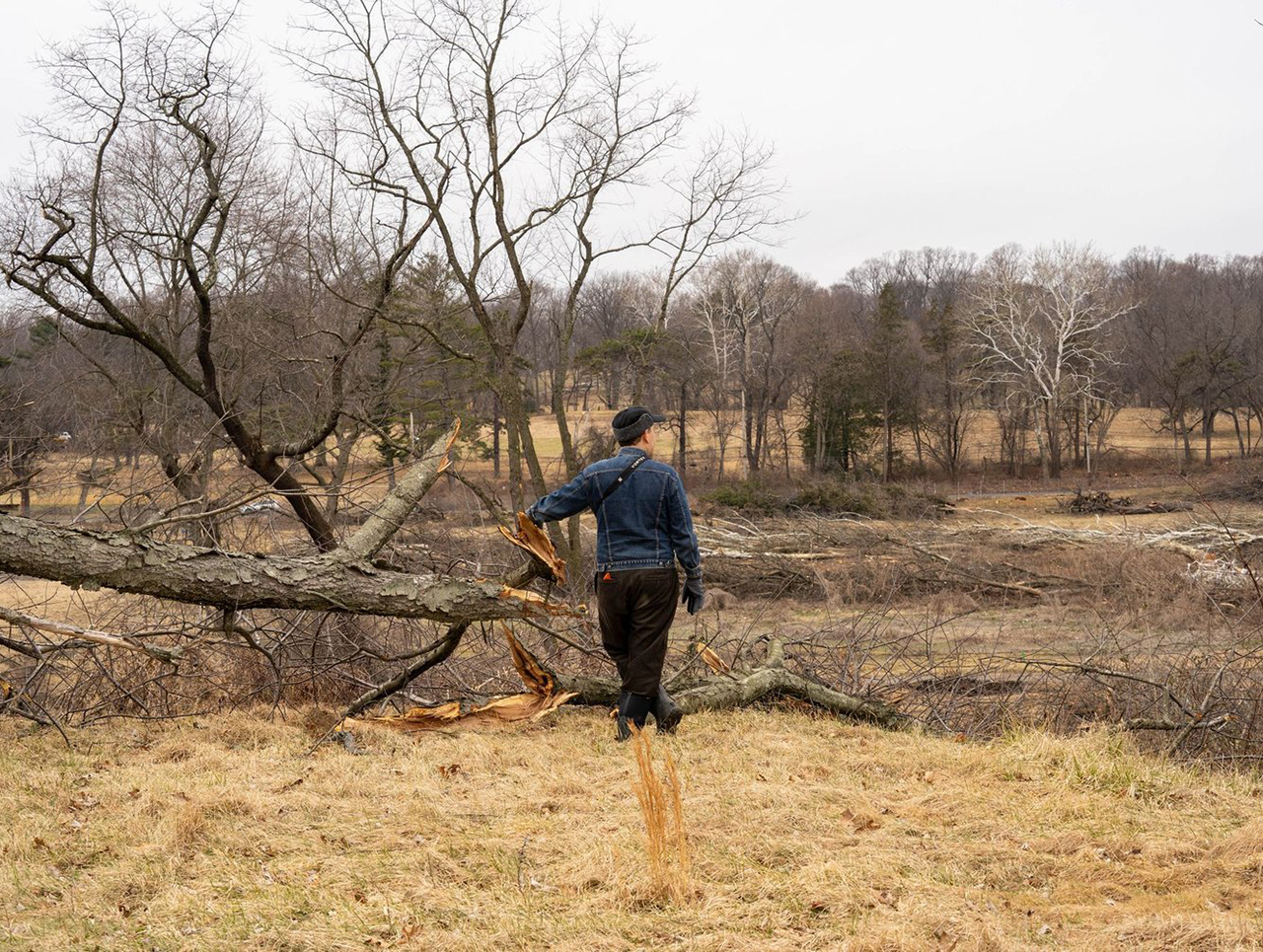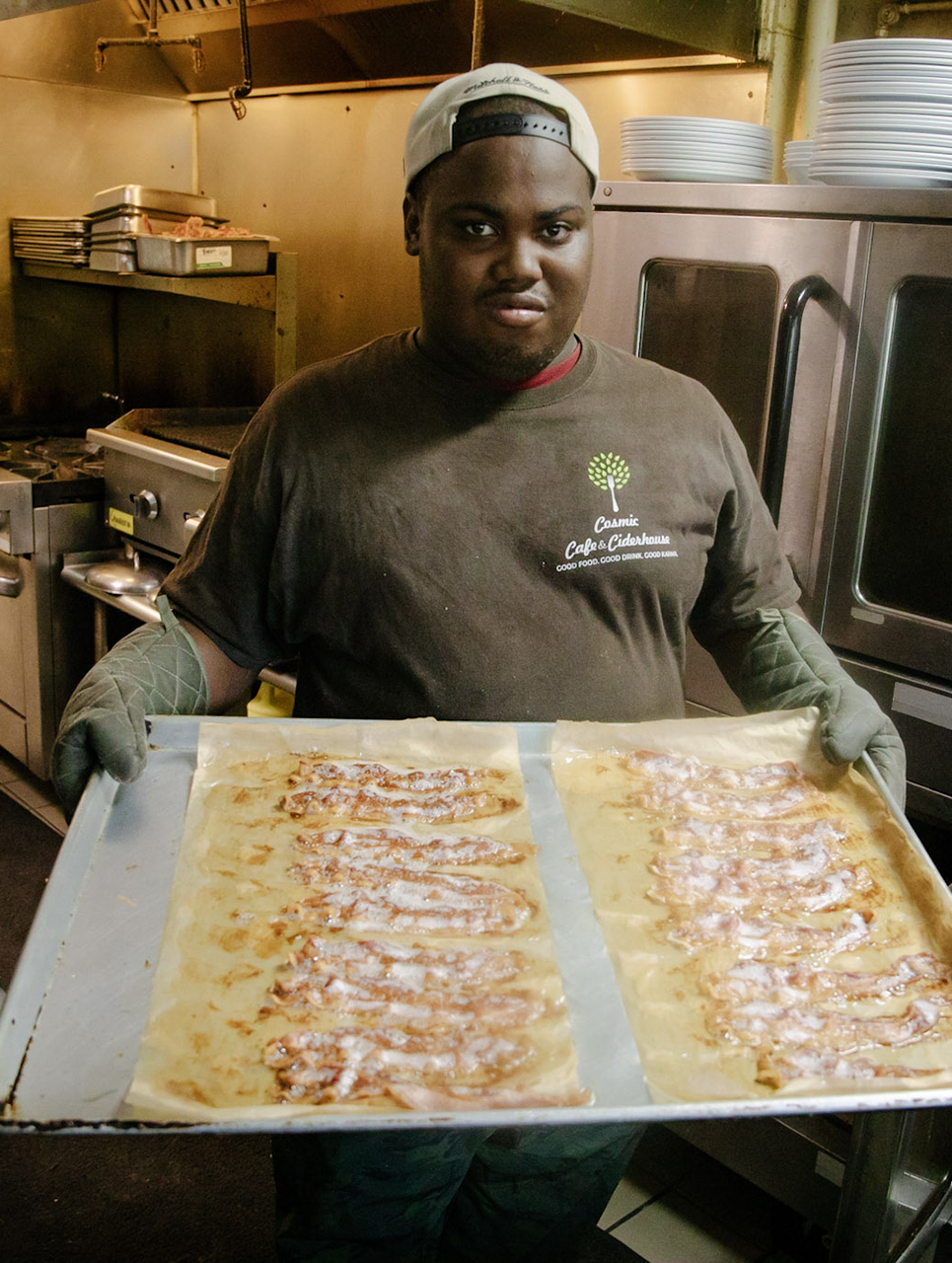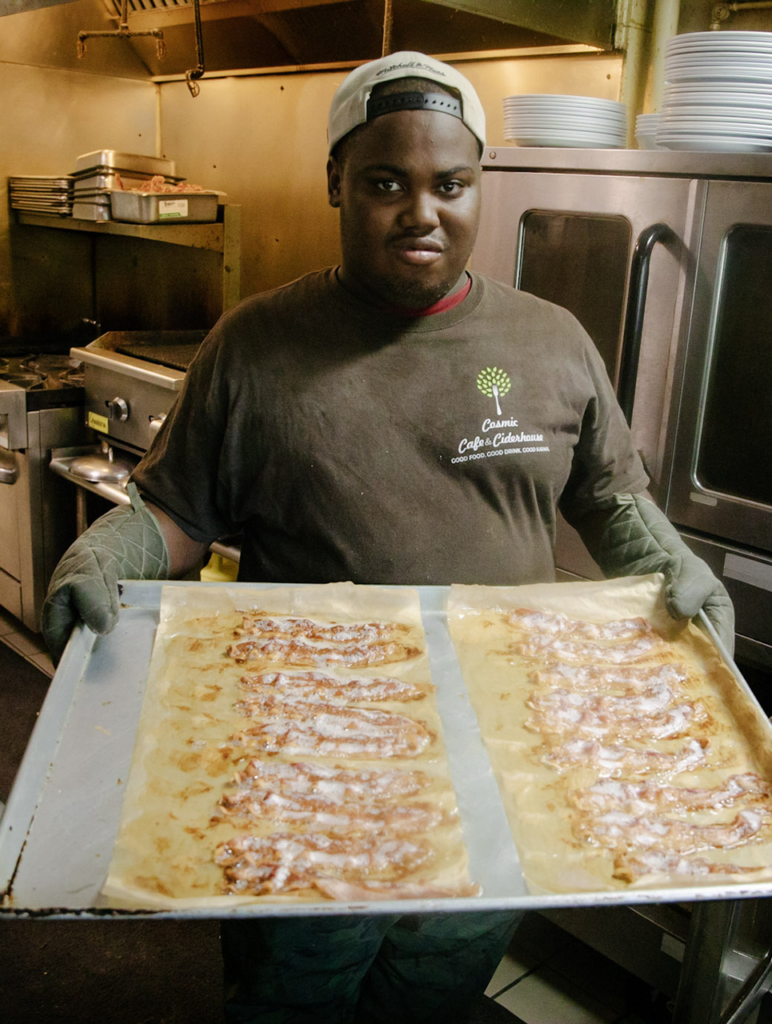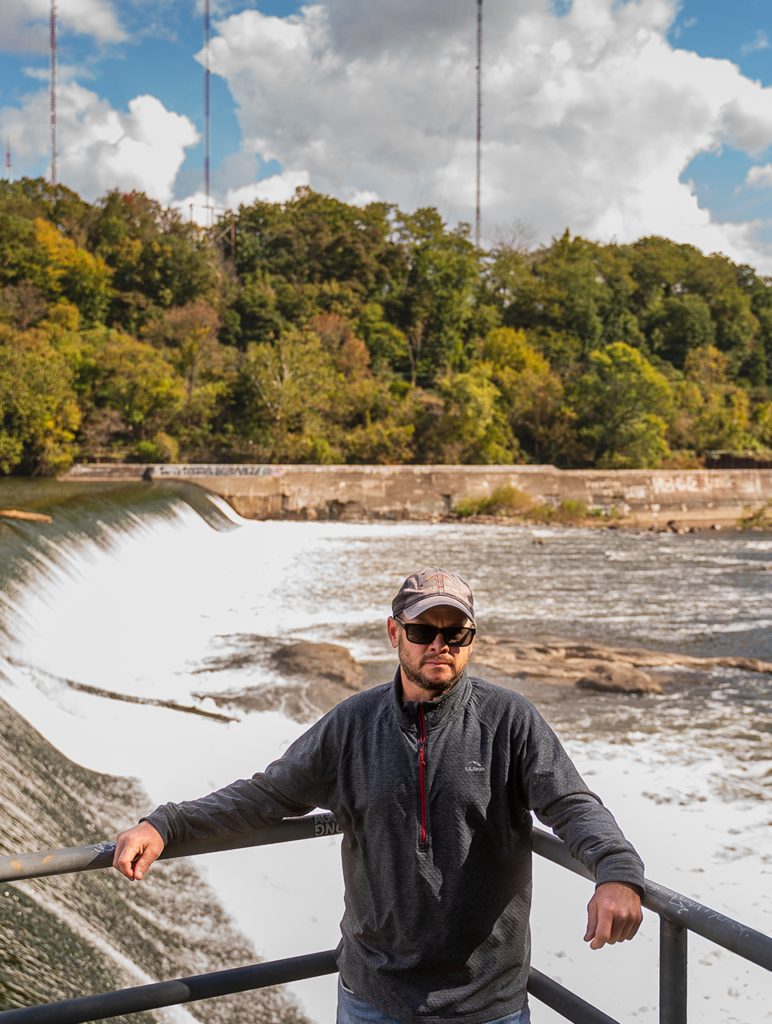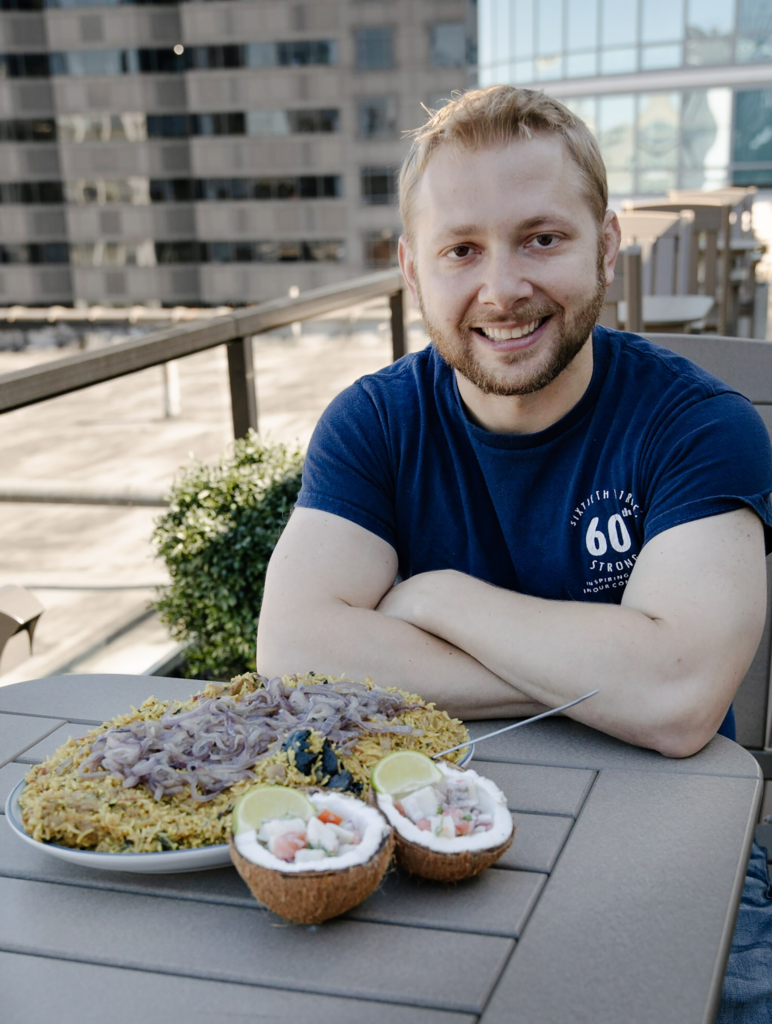The head of the Wampanoag sachem Metacomet (aka King Philip) sat on a spike at the entrance to Plymouth, Massachusetts, for two decades after his failed uprising against the English colonists was crushed in 1676. The colonists sent his family into slavery in the Caribbean. Metacomet was the son of Ousamequin (aka Massasoit), who rescued the starving Pilgrims in 1621.
The version we learned in school painted Ousamequin as a kind neighbor who took pity on the Pilgrims. This generous act kicked off a friendship marked by a thanksgiving feast that we still celebrate today. Everyone lived happily ever after.
The reality is much messier. Illnesses brought by Europeans who had visited to trade, fish, and enslave Indians had nearly wiped out the Wampanoags, who were native to what is now Southeastern Massachusetts and Rhode Island, by the time the Pilgrims showed up on their doorstep. The Wampanoags were at risk of being overwhelmed by neighboring groups that so far had been spared the European plagues. The Pilgrims might have had no clue how to survive on the rocky coast of New England, but they had guns, and the Wampanoags, led by the savvy Ousamequin, chose to spare the hapless newcomers in exchange for a military alliance. This gamble worked in the short term, but in the century that followed, it was a disaster for the Wampanoags. Thus from the American Indian perspective, Thanksgiving is also a day of mourning.
We victors tend to tidy up the story to suit ourselves. We would rather not focus on the violent and sordid ways that created the United States, but framing the story with the Pilgrims as the main characters and the feast as the conclusion erases the savvy Wampanoag and their tragic fate.
In this issue we take a look at another act of erasure, this one in our own city, where the University of Pennsylvania expanded its campus into a neighborhood called Black Bottom, pushing thousands of Black residents out. Today, archaeologists from the university are leading an excavation to reveal the lives of the people who used to live there, and former Black Bottom residents are telling their stories in the process.
Our histories are never set in stone and they can’t be buried underground. Every generation takes a look at the same events with new insights. Do we stop the Thanksgiving story in 1621 as a comforting parable, in 1676 as a genocide, or in 2023 as a survival story starring today’s Wampanoags?
Anyone reading the news can see how these changes to how we tell our history don’t go uncontested. The struggles rage in school board meetings, libraries and state houses. South Carolina went as far as to pass a law saying that schools can’t teach anything that causes students to “feel shame, guilt, anguish or any other form of psychological distress because of his or her race, color, ethnicity, biological sex, national origin, heritage, culture, religion or political belief.”
The focus of such laws is all wrong. The point of honestly telling the stories of our country isn’t to make anyone feel bad. The point is to confront and work to resolve the very real legacy of those actions.
And if the first version of history is told in the news, we can practice inclusive storytelling in these pages, a process that is likewise a struggle against powerful interests. Is it an exciting new golf course, or a boondoggle that degrades the environment for neighbors and everyone living downstream? Is it a job-creating stadium or neighborhood-crippling gamble by suburban billionaires? Is the bounty on our tables something to be celebrated, or should we be doing our best to protect the people, animals and land that produce it?
Sitting down to a feast with family and friends of diverse perspectives can be challenging enough without tackling the injustices of the last 400 years, but don’t give up. Some stories need to be told.
Bernard Brown, Managing Editor


